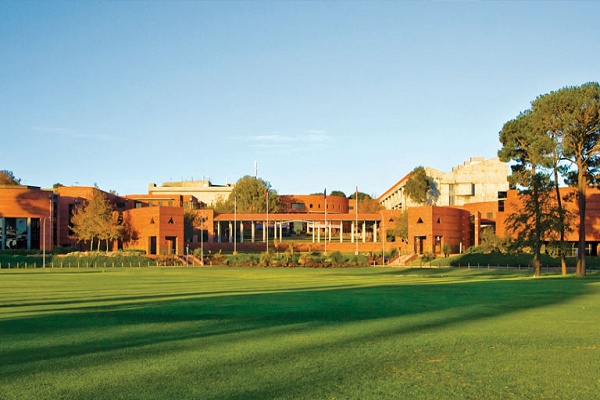New Research Agreements To Protect Rich Indigenous Knowledges And Heritage
The distinctive and rich heritage of Indigenous knowledge and culture will be protected under new research agreements spearheaded by Curtin’s first Dean of Indigenous Futures in the Faculty of Humanities.
Aimed at breaking down institutional barriers to Indigenous Australian research, the research agreements have been designed in consultation with Aboriginal researchers to protect cultural knowledge and reduce contract negotiation delays.
Curtin’s Faculty of Humanities Dean of Indigenous Futures Mandy Downing said she felt a duty to identify and address the challenges and barriers faced by Indigenous people engaging in research.
“Aboriginal researchers often face institutional barriers to Indigenous Australian research, yet few institutions have actually taken steps towards tackling these very real issues,” Dean Downing said.
“We have developed a new approach that streamlines the process for researchers who are engaging in Indigenous Australian research while also prompting and encouraging researchers to actively consider the ethical considerations of working with Indigenous cultural and intellectual property at the start of their research project.”
Dean Downing said initial trials of the new agreements had reduced the time required to negotiate agreements and developed the cultural capabilities of Curtin researchers.
“We have noticed this new, streamlined process has also encouraged less-experienced researchers to discuss these matters before entering into an agreement, helping to build trust between collaborators and reassure Indigenous groups or individuals,” Dean Downing said.
“The contracts have already helped facilitate collaborations between Wirlomin Noongar Language Stories and organisations like South Coast Natural Resource Management and the ABC. Without such contracts, these collaborations would not have occurred.”
John Curtin Distinguished Professor Kim Scott, an award-winning Noongar author who has worked extensively in Indigenous education and the arts, said the new agreements helped develop Indigenous infrastructure that remains independent of the collaborating organisation.
“It helps ensure clarity of expectations, increases respect for and awareness of sovereign data and helps consolidate Aboriginal and Torres Strait Islanders’ heritages while also strengthening the relationship between a distinctive heritage and its home community,” Professor Scott said.
Developed in collaboration with the Research Office at Curtin, the research contracts are part of efforts at Curtin University to develop Indigenous Futures, which is one of four capability platforms to support learning, research and partnership activities for the Faculty of Humanities.

